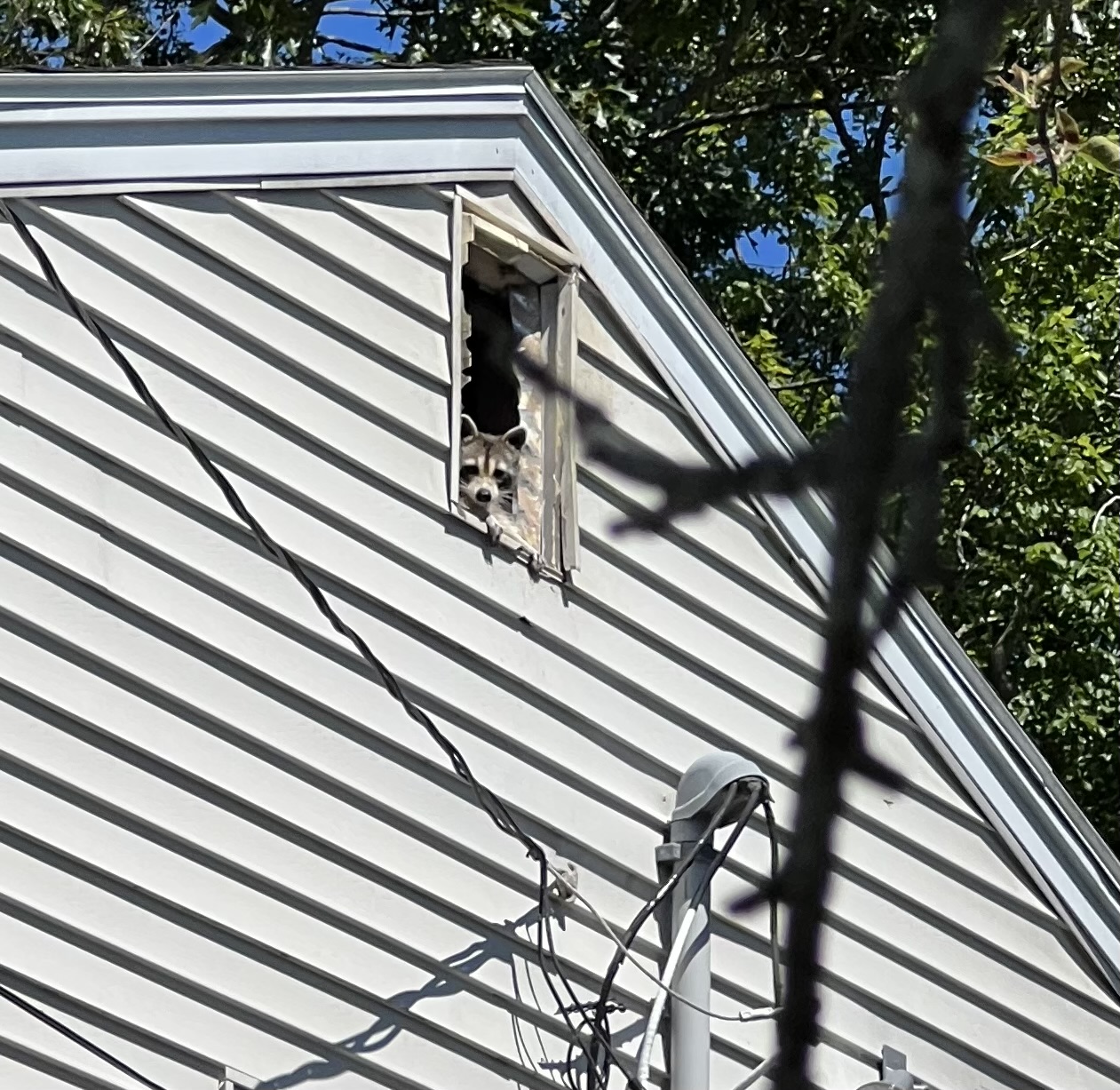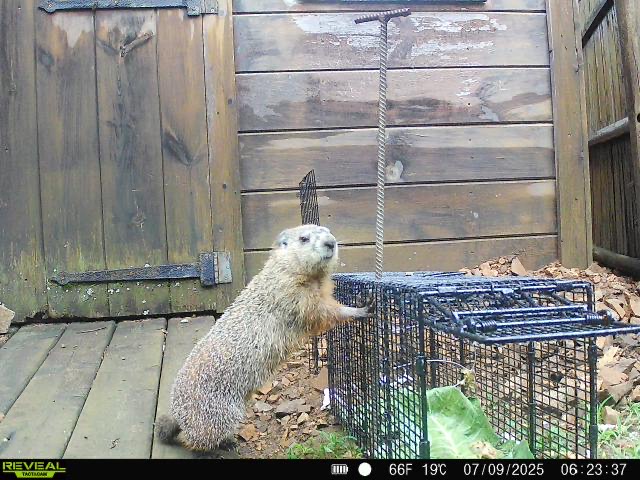How to Choose the Best Wildlife Removal Service in Massachusetts (Compared)
- harveysanimalevict
- Oct 7
- 3 min read
Massachusetts homeowners face strict wildlife removal regulations. State law requires licensed professionals for most animal evictions. Choosing the wrong service leads to legal issues, recurring problems, and wasted money.
Required Licensing and Certifications
All legitimate wildlife removal services need Massachusetts Fish and Wildlife Division licensing. Problem Animal Control (PAC) agents must complete state certification programs. Verify these credentials before hiring any company.
Required documentation includes:
Active PAC agent license
General liability insurance
Workers' compensation coverage
Bond documentation
Municipal permits where applicable

National certifications indicate advanced training. Wildlife Control Operators Association (WCOA) certification demonstrates industry standards compliance. National Wildlife Control Operators Association (NWCOA) membership shows ongoing professional development.
Service Categories Comparison
Basic Removal Services
Animal extraction only
Limited follow-up
No damage repair
Minimal warranties
Full-Service Operations
Complete animal removal
Entry point sealing
Damage restoration
Sanitation services
Extended warranties
Emergency Response Teams
24/7 availability
Same-day service
Weekend operations
Holiday coverage

Cost Structure Analysis
Pricing varies significantly across service levels. Basic removal costs $150-$400 per incident. Full-service packages range $500-$2,000 depending on damage extent and animal type.
Emergency services include premium charges:
After-hours calls: 50-100% markup
Weekend service: 25-75% additional
Holiday response: 100-150% premium
Free estimates are standard practice. Companies charging consultation fees typically provide inferior service quality.
Warranty Terms Comparison
Service warranties indicate confidence levels. Standard warranties cover 30-90 days. Premium services offer 1-2 year guarantees on exclusion work.
Warranty coverage includes:
Re-entry prevention
Repair work durability
Material defect replacement
Follow-up inspections
Exclusions apply to natural disasters, structural settling, and homeowner modifications to sealed areas.
Response Time Requirements
Same-day service availability separates quality providers from basic operations. Response time expectations:
Emergency situations: 2-4 hours
Standard calls: 24-48 hours
Routine inspections: 3-5 days
Follow-up visits: 7-14 days
Peak season delays occur during spring and fall when animal activity increases.

Service Method Evaluation
Humane Eviction Techniques
One-way door installation
Harassment methods
Habitat modification
Natural deterrents
Trapping Operations
Live capture systems
Species-specific trap selection
Proper bait placement
Safe relocation protocols
Exclusion Work
Entry point identification
Permanent sealing materials
Preventive barrier installation
Ongoing maintenance programs
Red Flags and Warning Signs
Avoid companies exhibiting these characteristics:
No visible licensing
Verbal estimates only
Pressure for immediate payment
Poisoning or lethal methods
No insurance verification
Extremely low pricing
Door-to-door solicitors often represent unlicensed operators. Legitimate companies rarely use unsolicited sales approaches.
Geographic Service Area Considerations
Statewide coverage ensures consistent service quality. Local companies provide faster response times but limited resources. Regional operators balance coverage with specialized equipment.
Service area factors include:
Travel time to property
Equipment transportation logistics
Local permit knowledge
Municipal regulation compliance
Specialization Requirements
Different animals require specific expertise:
Bat Removal: Seasonal timing restrictions, colony protection laws, exclusion timing requirements
Raccoon Control: Damage assessment, family unit considerations, den site evaluation
Squirrel Management: Entry point variety, nesting material removal, chewing damage prevention
Bird Control: Species identification, nesting season restrictions, humane deterrent installation

Service Comparison Matrix
Factor | Basic Service | Standard Service | Premium Service |
Licensing | State only | State + regional | State + national |
Availability | Business hours | Extended hours | 24/7 emergency |
Warranty | 30 days | 90 days | 1-2 years |
Estimate | Phone only | On-site | Comprehensive inspection |
Follow-up | None | 30 days | Ongoing maintenance |
Repairs | Referral only | Basic patching | Complete restoration |
Technology and Equipment Standards
Modern wildlife removal requires specialized equipment:
Thermal imaging cameras
Endoscopic inspection tools
Professional-grade exclusion materials
Humane trap varieties
Sanitation equipment
Companies using outdated methods produce inferior results. Advanced equipment indicates professional commitment and service quality.
Documentation and Reporting
Professional services provide detailed documentation:
Initial assessment reports
Work completion summaries
Photographic evidence
Material specifications
Maintenance schedules
Poor documentation indicates casual operations. Detailed records support warranty claims and insurance requirements.
Final Selection Criteria
Evaluate potential services using these priorities:
Licensing Verification: Confirm all required state and local permits
Insurance Coverage: Verify liability and workers' compensation policies
Service Scope: Match company capabilities to problem requirements
Warranty Terms: Select longest coverage period for exclusion work
Response Time: Choose providers meeting urgency requirements
Cost Structure: Compare total project costs, not hourly rates
Contact Harvey's Animal Evictions for licensed, professional wildlife removal services throughout Massachusetts. Our certified technicians provide comprehensive solutions with industry-leading warranties.
Quality wildlife removal protects property value and family safety. Choose licensed professionals with proven track records and comprehensive service offerings.


Comments